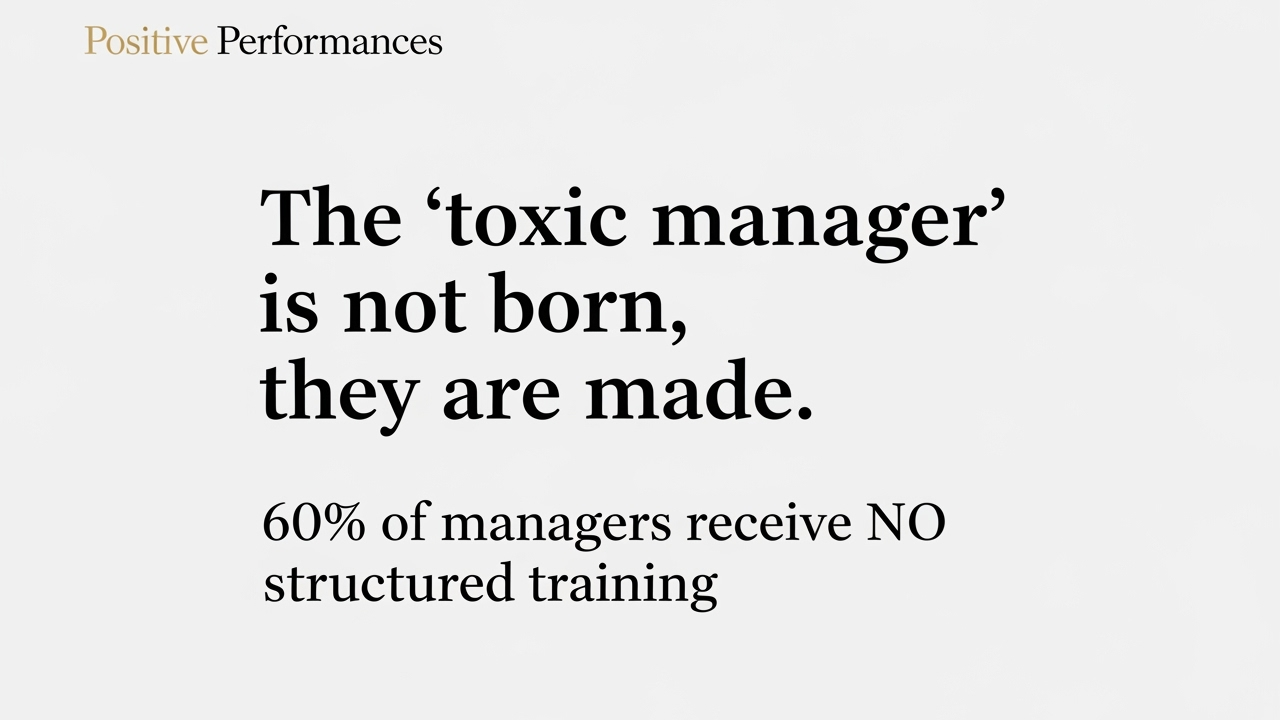Competency 11 - Expressing Emotions in a Positive Way
Transforming Conflict into Growth:
Emotional Competencies: Emotional Regulation
Specific Competency: Expressing emotions in a positive way - Communicating emotions constructively.
Statement: Expressing emotions in a positive way involves sharing your feelings honestly and constructively, ensuring that your communication fosters understanding and connection rather than conflict or misunderstanding. This competency builds on the awareness of emotions (Competencies 9 and 10) and focuses on how to channel these emotions productively.
Introduction
Whilst the cognitive competencies might have seemed straightforward, developing emotional competencies can be tougher. One reason is that many of us were never taught how to manage our emotions, let alone how to express them constructively. Expressing emotions in a positive way is crucial for building strong relationships and maintaining emotional health. Let's dive into how you can develop this skill.
Part A: Start By Yourself
Objective: Develop the skill of expressing your emotions positively by practicing constructive communication.
Instructions:
A) Start by Yourself:
- Take a moment in silence with a pen and paper. Reflect on a recent situation where you experienced strong emotions. How did you express these emotions? Were they communicated positively or negatively?
- Write down the situation, the emotions you felt, and how you expressed them. Consider whether your expression led to a positive outcome or if it caused conflict or misunderstanding.
- Reflect on how your strengths from Competency 1 (Self-Knowledge), critical thinking skills from Competency 2 (Critical Thinking), positive self-evaluation from Competency 3, mindful awareness from Competency 4, impulsivity management from Competency 5, goal achievement skills from Competency 6, responsible choice-making from Competency 7, creative problem-solving from Competency 8, understanding emotions and stress from Competency 9, and identifying emotions and stress from Competency 10 can support your ability to express emotions positively.
B) Practice Positive Expression:
- Identify a current emotion you are experiencing. Use "I" statements to express this emotion constructively (e.g., "I feel frustrated when..."). Focus on how the situation impacts you and what you need, rather than blaming others.
- Practice expressing both positive and negative emotions in a way that fosters understanding and connection. For example, instead of saying "You never listen to me," try "I feel unheard when our conversations are interrupted."
C) Take It Further:
- Role-play different scenarios with yourself where you need to express emotions constructively. Think about how you can convey your feelings in a way that promotes positive dialogue and understanding.
- Use a journal to document instances where you expressed emotions positively and reflect on the outcomes.
Example Conversation:
- Imagine you had plans with a friend, and they canceled last minute. Instead of saying, "You always cancel on me," you could express your feelings by saying, "I feel disappointed when our plans get canceled because I was looking forward to spending time together."
Tips:
- Use "I" statements to take ownership of your emotions and avoid blaming others.
- Focus on the impact of the emotion and what you need, rather than criticizing or accusing.
- Move from behaving in an actively destructive way (e.g., ignoring, dismissing) to actively constructive behaviors (e.g., calmly expressing feelings, seeking solutions). Refer to the article on Active Constructive Responding for more details.
- Be open to feedback and suggestions from others. For more on creating a feedback culture in a family or a team, see my Forbes article: Steps to Create a Successful Feedback Culture.
- Use techniques like active listening, where you fully concentrate on what is being said rather than just passively hearing the message of the speaker.
Benefits:
- Enhances emotional communication skills.
- Fosters understanding and connection with others.
- Reduces the likelihood of conflict and misunderstanding.
Part B: Share with Pairs, Family, or Friends
Objective: Develop the skill of expressing emotions positively together by practicing constructive communication as a group.
Instructions:
A) In Pairs or Groups:
- Gather with your partner, family, or friends. Each person should share a recent situation where they experienced strong emotions and how they expressed these emotions.
- Discuss whether the expression was positive or negative and what the outcomes were. Offer support and validation to each other. Use your strengths from Competency 1, critical thinking from Competency 2, positive self-evaluation from Competency 3, mindful awareness from Competency 4, impulsivity management from Competency 5, goal achievement skills from Competency 6, responsible choice-making from Competency 7, creative problem-solving from Competency 8, understanding emotions and stress from Competency 9, and identifying emotions and stress from Competency 10 to support each other's ability to express emotions positively.
B) Make It Supportive:
- Create a safe space where everyone feels comfortable sharing emotions without judgement. Encourage active listening and empathy.
- Practice expressing emotions constructively through role-playing exercises. Take turns expressing different emotions and provide feedback on how to make the expression more positive and constructive.
- Discuss and practice techniques for expressing difficult emotions in a way that promotes understanding and connection. For instance, instead of reacting angrily, you might say, "I feel upset when plans change unexpectedly because it makes me feel out of control."
Reflect Together:
- After sharing and practicing positive emotional expression, reflect on what you learned. Discuss how the strategies used can be applied to other areas of life.
- Encourage each other to use strengths from Competency 1, critical thinking skills from Competency 2, positive self-evaluation from Competency 3, mindful awareness from Competency 4, impulsivity management from Competency 5, goal achievement skills from Competency 6, responsible choice-making from Competency 7, creative problem-solving from Competency 8, understanding emotions and stress from Competency 9, and identifying emotions and stress from Competency 10 to effectively express emotions positively in the future.
- Reflect on the importance of positive emotional expression for building strong relationships and emotional resilience.
Tips:
- Foster a supportive and non-judgmental atmosphere during emotional expression discussions and activities.
- Be open to feedback and suggestions from others. For more on creating a feedback culture, see my Forbes article: Steps to Create a Successful Feedback Culture.
- Move from behaving in an actively destructive way (e.g., ignoring, dismissing) to actively constructive behaviors (e.g., calmly expressing feelings, seeking solutions). Read more about this in the article on Active Constructive Responding.
- Celebrate each other’s progress and efforts in expressing emotions positively.
Benefits:
- Promotes mutual understanding and support.
- Enhances emotional intelligence and resilience.
- Strengthens relationships through constructive emotional communication.
Join the Journey By integrating these competencies into your daily life, you can improve your mental health, build stronger relationships, and better handle life's challenges. Stay tuned for the next set of emotional competencies!
References
For more insights on expressing emotions constructively, check out these resources:
- Active Constructive Responding
- Expressing Emotions
- Steps to Create a Successful Feedback Culture on Forbes.
Want to take it further, reach out and let's talk ;-)
Let'st work together, book me or my team for coaching, keynotes, training and consulting.
In the meantime,
Take care,
Krumma
PS: click here for the free mental fitness app that might change your life and your relationships https://positive-performances.passion.io/











